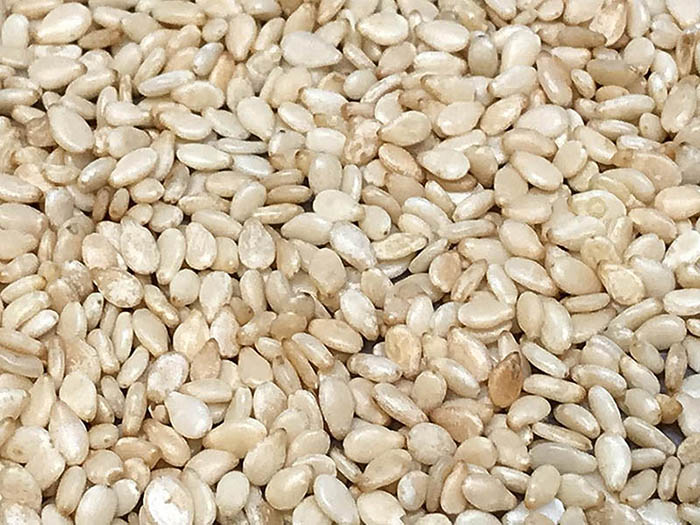IRP Researchers Estimate 17% of Food-Allergic Children Have Sesame Allergy
Investigators at the National Institutes of Health have found that sesame allergy is common among children with other food allergies, occurring in an estimated 17% of this population. In addition, the scientists have found that sesame antibody testing — whose utility has been controversial — accurately predicts whether a child with food allergy is allergic to sesame. The research was published on Oct. 28 in the journal Pediatric Allergy and Immunology.
“It has been a challenge for clinicians and parents to determine if a child is truly allergic to sesame,” said Anthony S. Fauci, M.D., director of the National Institute of Allergy and Infectious Diseases (NIAID), part of NIH. “Given how frequently sesame allergy occurs among children who are allergic to other foods, it is important to use caution to the extent possible when exposing these children to sesame.”
Sesame is among the 10 most common childhood food allergies. Only an estimated 20% to 30% of children with sesame allergy outgrow it. Severe reactions to sesame are common among sesame-allergic children. About 1.1 million people in the United States, or an estimated 0.23% of the U.S. population, have sesame allergy, according to a recently published study funded by NIAID. These factors underscore the need to optimize recognition and diagnosis of this allergy. The Food and Drug Administration is currently considering whether to include sesame in the list of allergens that must be disclosed on food labels.
This page was last updated on Friday, January 21, 2022
